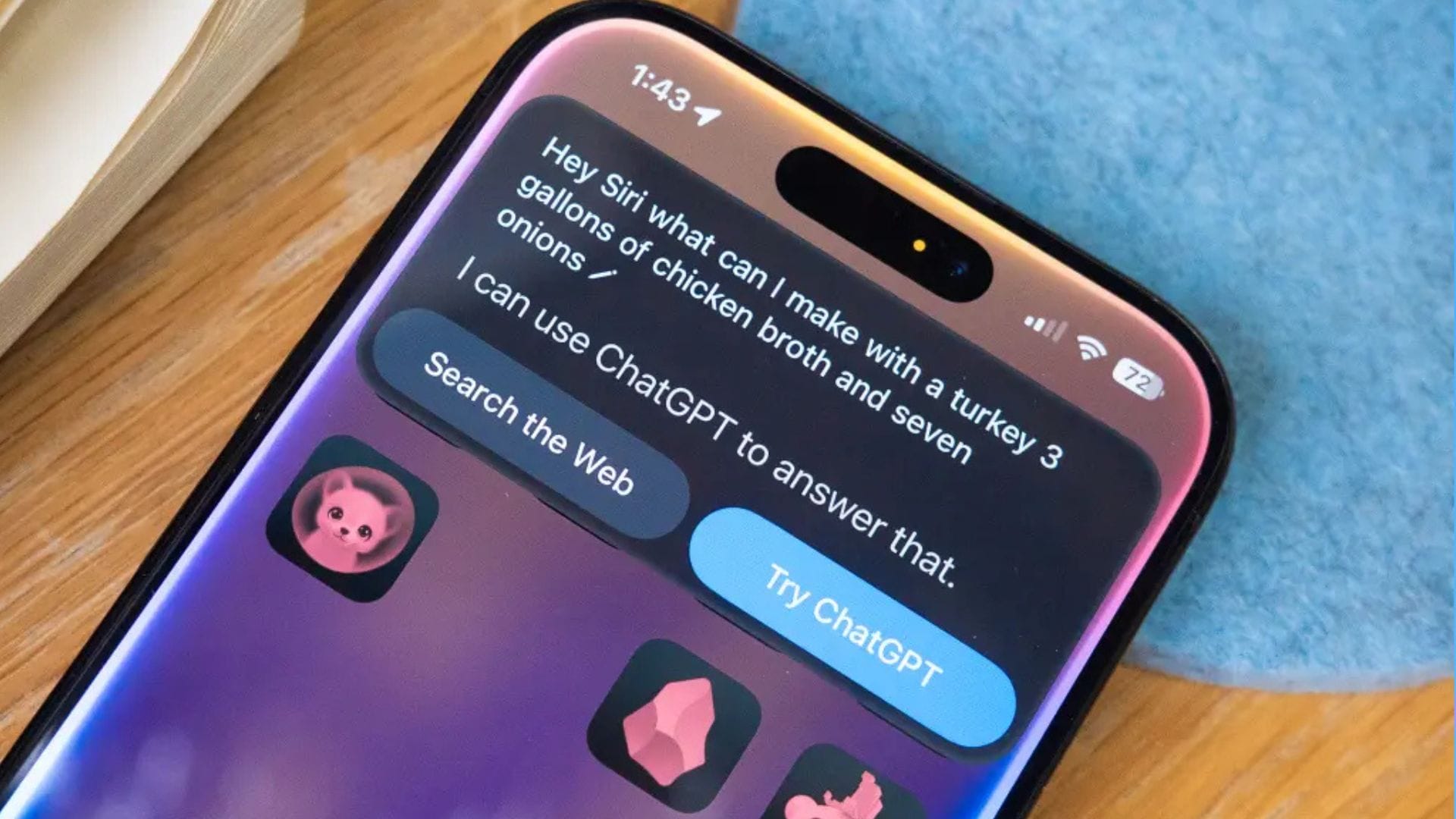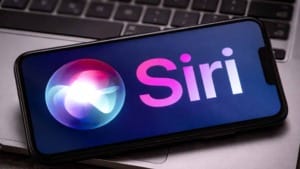Apple develops ChatGPT-style tool to test new Siri features
Apple is testing a ChatGPT-style app called Veritas to develop a more advanced version of Siri, expected to launch in 2026.

Apple is reportedly using a ChatGPT-inspired tool to prepare for the long-awaited update to Siri, its voice assistant. According to Bloomberg, the company has created an internal app named “Veritas” to help test Siri’s upcoming capabilities, which are expected to launch in 2026.
Table Of Content
Internal tool designed to speed up Siri testing
The Veritas app has been designed to provide Apple employees with a faster and more practical way to evaluate Siri’s new features. Although the app is unlikely to be released to the public in its current form, it enables testers to explore how Siri can interact with personal data stored on a device, such as emails and messages. It also allows the assistant to take action in apps, including tasks like editing photos.
Bloomberg reports that the app also serves another purpose for Apple. It allows the company to “gather feedback on whether the chatbot format has value” as it works to refine the voice assistant’s functions. While Veritas is only an internal tool, its existence indicates that Apple’s work on Siri may be further along than previously thought, particularly after delays earlier this year.
Delays and challenges in Apple’s AI push
Apple first announced its plans for a more advanced Siri at WWDC 2024, promising users an assistant capable of understanding personal context and taking meaningful actions. However, in March 2025, the company delayed the update, reflecting wider challenges in releasing its AI products.
When Apple introduced its Apple Intelligence features, it described them as a carefully curated set of tools designed with privacy and user experience in mind. Yet the launch left many underwhelmed, as the features delivered were functional but lacked the sophistication of the company’s earlier demonstrations. The vision of a proactive Siri that truly understood users’ lives remained out of reach.
Partnerships and plans for the 2026 release
Bloomberg now reports that Apple intends to realise this vision in 2026 by using a combination of its own AI models and at least one model developed by a rival company. In June, Apple was reportedly considering partnerships with OpenAI or Anthropic, but by August, the company was shifting towards a collaboration with Google.
Such a move would represent a significant step for Apple, which has traditionally prioritised developing its technologies in-house. A partnership with Google could give Apple access to more advanced AI models, helping it deliver on its promise of a smarter, more capable Siri.
The use of the Veritas app suggests Apple is taking serious steps to ensure Siri can match or exceed the capabilities of rival AI assistants. While the update is still months away, the company’s internal efforts point to a stronger push to bring its vision of a truly intelligent voice assistant to reality.
















